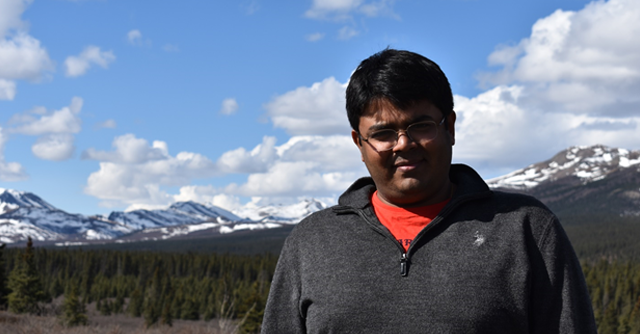
Protecting US Election Integrity in 2024: Lessons from WhatsApp's Saurabh Kumar's Fight Against Misinformation


As the United States prepares for the momentous 2024 elections, the specter of misinformation looms large over the democratic process. In this critical moment, it is worth reflecting on the pioneering work of Saurabh Kumar, a former lead decision scientist at WhatsApp, who developed innovative strategies to combat the spread of disinformation on the platform. Kumar's legacy provides valuable lessons for safeguarding the integrity of the upcoming US elections.
Countering Misinformation Through Data-Driven Campaigns
During his time at WhatsApp, Kumar spearheaded the development of AI-driven educational campaigns that aimed to inform users about privacy controls and security features, empowering them to protect themselves from misinformation. His work was particularly impactful in countries like Brazil and India, where WhatsApp faced significant challenges related to the spread of political disinformation ahead of general elections.

Kumar introduced Polytomous Ordinal Logistic Regression (POLR) to analyze WhatsApp's survey data. This method models relationships between predictor variables and ordinal outcomes, such as customer satisfaction ratings, with more accuracy than traditional techniques. POLR's integration into WhatsApp's analytics allowed the company to pinpoint "swayable audiences"—users on the verge of changing their perceptions about WhatsApp. By leveraging these insights, WhatsApp could target marketing campaigns more effectively, ensuring their advertising dollars were spent on users most likely to respond positively.
Reportedly, Kumar's data-driven approach to crafting targeted campaigns offers a blueprint for US social media platforms grappling with similar issues. By leveraging advanced analytics to understand user sentiment and identify susceptible audiences, platforms can launch proactive educational initiatives that inoculate users against false narratives and manipulative tactics.
Leveraging Advanced Analytics for Real-Time Monitoring

Another key aspect of Kumar's work at WhatsApp was the development of a brand tracker that provided real-time insights into brand performance. This tool became instrumental in guiding WhatsApp's leadership team through critical decision-making moments, allowing them to swiftly adapt strategies in response to external events.
One of Kumar’s most impactful contributions was the automation of difference-in-differences analysis using bootstrapping. This development slashed the time required to analyze survey data from several hours to just 45 minutes, drastically improving the team's ability to run post-campaign evaluations and generate actionable insights in near real-time.
As the US enters the heat of the 2024 election season, real-time monitoring of social media platforms will be crucial for identifying and addressing emerging threats. By investing in advanced analytics tools that can detect anomalies and track the spread of disinformation, platforms can quickly respond to malicious actors seeking to undermine the democratic process.

Fostering Cross-Functional Collaboration
Kumar's success at WhatsApp was not just a result of his technical expertise but also his ability to collaborate effectively across departments. He worked closely with Product Management, Engineering, and Finance teams to ensure that marketing analytics were fully integrated into the broader business strategy.
This cross-functional approach is essential for addressing the complex challenge of election integrity. Social media platforms must foster close collaboration between their technical teams, policy experts, and government stakeholders to develop comprehensive strategies that balance free speech with the need to protect democratic institutions.

Learning from Global Experiences
While the US faces its own unique challenges, the experiences of other countries in combating disinformation on social media platforms offer valuable lessons. Kumar's work in Brazil and India highlights the importance of proactive measures, such as educational campaigns and real-time monitoring, in mitigating the impact of false narratives.
As US social media platforms prepare for the 2024 elections, they should draw upon the successes and failures of their global counterparts. By adapting proven strategies to the US context and fostering international cooperation, platforms can build a more resilient information ecosystem that supports the integrity of the democratic process.

Protecting Democracy in the Digital Age
Saurabh Kumar's legacy at WhatsApp serves as a powerful reminder of the critical role that data science and AI can play in safeguarding the integrity of elections. As the US looks ahead to the 2024 elections, it is imperative that social media platforms prioritize the development of advanced analytics tools, proactive educational initiatives, and cross-functional collaboration to counter the spread of disinformation.
By learning from the pioneering work of individuals like Kumar and adapting these lessons to the unique challenges facing the US, we can build a more resilient democracy in the digital age. The stakes could not be higher, and the time to act is now.
This article is written by Naushad Modasiya.

